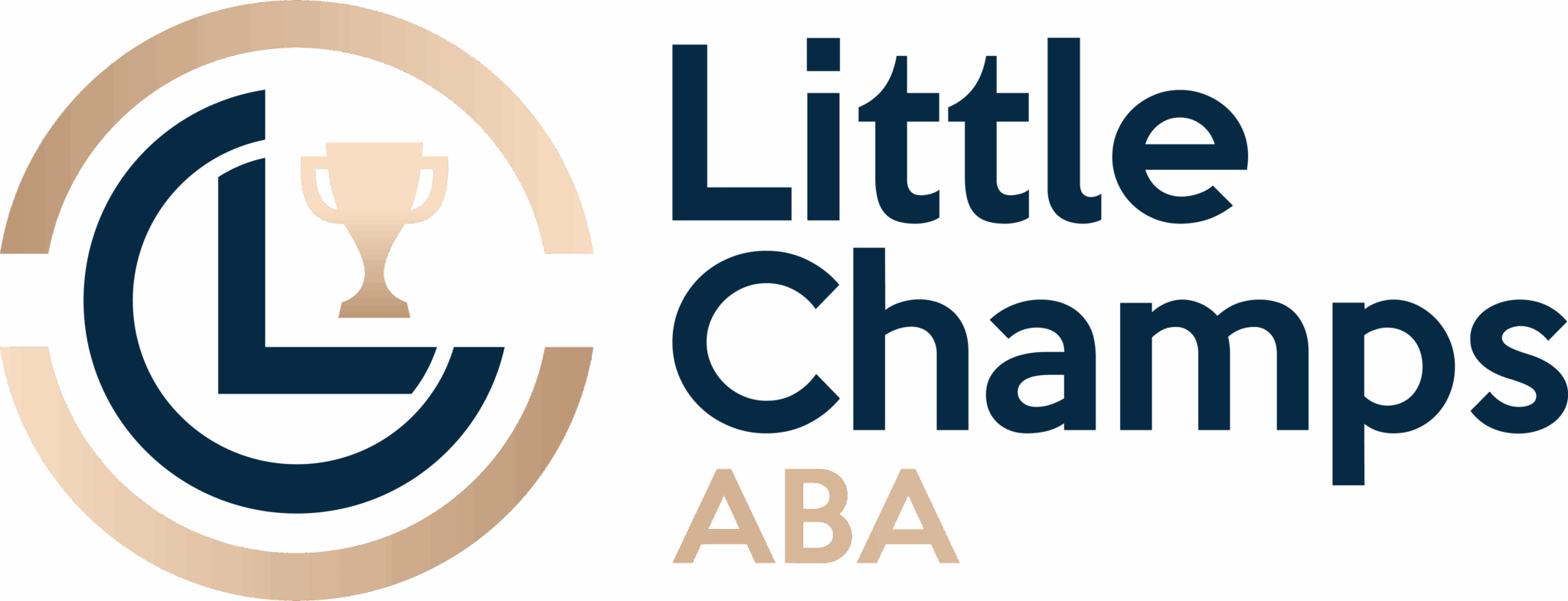
Many aspiring behavior analysts wonder if they can meet BCBA education requirements without a master’s degree. The Behavior Analyst Certification Board (BACB) defines clear prerequisites for Board Certified Behavior Analyst certification. This article explains academic coursework, supervised fieldwork, and exam requirements, and it outlines alternative credentials for individuals without a graduate degree.
Review Certification Pathways
The BACB offers two approval routes for BCBA certification. Both pathways require careful planning and documentation.
Pathway 1: Accredited Degree
Candidates who hold an APBA or ABAI-accredited graduate degree in behavior analysis can apply under Pathway 1. They must submit official transcripts and proof of accreditation.
Steps for Pathway 1
- Verify accreditation status of the graduate program
- Gather transcripts and degree documentation
- Complete the BACB application and fee payment
Pathway 2: Coursework Pathway
Applicants without an accredited degree may choose Pathway 2. This involves completing Verified Course Sequences (VCSs) and earning a relevant graduate degree from a qualifying institution.
Steps for Pathway 2
- Enroll in a BACB-approved VCS (4th or 5th edition)
- Finish required coursework and earn a graduate degree
- Submit transcripts, coursework documentation, and application fee
(Candidates must specify whether they apply under Pathway 1 or Pathway 2 in their certification submission).
Understand Graduate Degree Requirement
Even under Pathway 2, a master’s or doctoral degree is mandatory. There is no current waiver for BCBA certification that bypasses this requirement.
Why Master’s Degree Matters
A graduate-level curriculum ensures depth in behavior-analytic theory, research methods, and ethical practice. Accrediting bodies maintain this standard to protect client welfare.
Coursework and Credit Hours
Typical programs include 30 to 45 credit hours in areas such as:
- Philosophical Foundations
- Experimental Analysis of Behavior
- Assessment and Intervention Design
Meet Supervised Fieldwork Requirements
Supervised fieldwork provides hands-on experience under credentialed oversight. All hours must occur within a five-year window.
Hours and Timing
Candidates must accrue between 1,500 and 2,000 hours of supervised practice. They can choose:
- Concentrated practicum
- Standard practicum
- Independent fieldwork
Supervisor Criteria
Supervisors must hold an active BCBA certification. At least 5 percent of total fieldwork hours require real-time, face-to-face interaction, with monthly contact minimums.
Prepare for the BCBA Exam
Passing the BCBA exam is the final hurdle to certification. It evaluates knowledge across foundational and applied domains.
Exam Structure
- 185 multiple-choice questions
- Domains include philosophical foundations, analytical content, and client-centered responsibilities
Pass Rates Insight
The average first-time BCBA pass rate varies by state. In Wisconsin, for example, it hovers around 60 percent. Effective study plans and practice exams can boost success.
Explore Alternative Roles
For those without a graduate degree, other credentials offer entry into applied behavior analysis.
Board Certified Assistant (BCaBA)
- Requires a bachelor’s degree and approved coursework
- Supervised by a BCBA
- Can implement interventions and assist with assessments
Registered Behavior Technician (RBT)
- Requires a high school diploma or equivalent
- 40-hour training plus competency assessment
- In 2020, 41,662 individuals passed the RBT exam on their first attempt with an 80 percent success rate
Plan for Renewal and CEUs
Maintaining BCBA status involves periodic renewal and continuing education.
Renewal Process
Certification must be renewed every two years. Candidates submit a recertification application and a $215 fee.
CEUs Overview
BCBAs need 32 continuing education units (CEUs) per cycle, including ethics and supervision topics. Missing CEU requirements triggers exam retake.
Conclusion
- BCBA certification always requires a graduate degree, either through Pathway 1 or Pathway 2.
- Supervised fieldwork of 1,500–2,000 hours and a 185-question exam are mandatory.
- BCaBA and RBT credentials provide alternative entry points for individuals without a master’s degree.
- Renewal every two years involves a recertification fee and 32 CEUs.
Individuals exploring these options should review BACB guidelines and connect with accredited programs to map a clear path forward.
At Little Champs ABA, helps aspiring professionals navigate BCBA and RBT certification paths. Whether you’re considering graduate school or seeking alternative entry points, our team offers personalized guidance to help you build a meaningful career with ABA therapy in Utah and Colorado.
Book a free consultation today and take the first step toward your future in ABA. Contact us today!
Frequently Asked Questions
Can I become a BCBA without a master’s degree?
No. BCBA certification requires a graduate degree through Pathway 1 or Pathway 2 as outlined by the BACB.
What are the requirements for BCBA certification?
You must complete 1,500–2,000 hours of supervised fieldwork and pass a 185-question exam to qualify for certification.
What’s the difference between BCBA and RBT credentials?
BCBA is a graduate-level certification for behavior analysts, while RBT is a paraprofessional role that doesn’t require a master’s degree and offers a quicker entry into the field.
SOURCE:
https://accreditation.abainternational.org/news-and-events/letter-of-concern.aspx
https://www.bacb.com/university-faculty-resources/university-training-for-those-pursuing-bcba-certification/
https://www.reddit.com/r/ABA/comments/1f3t9a9/is_it_possible_to_become_a_bcba_without_a_masters/
https://www.thechicagoschool.edu/insight/career-development/bcba-guide-bcba-certification-exam/
https://www.operationsarmy.com/post/do-you-need-a-master-s-for-bcba-degrees-alternatives-and-the-smartest-path


